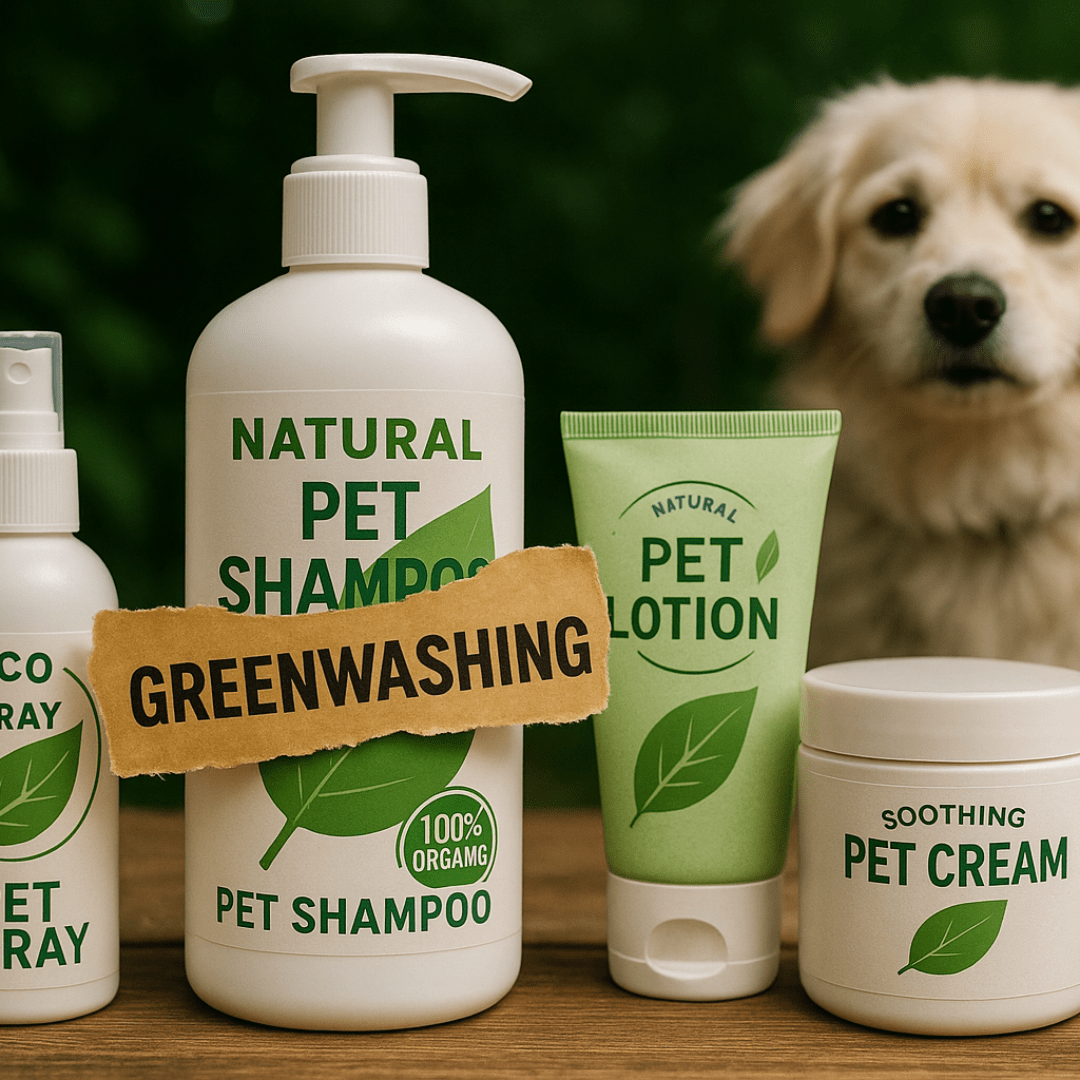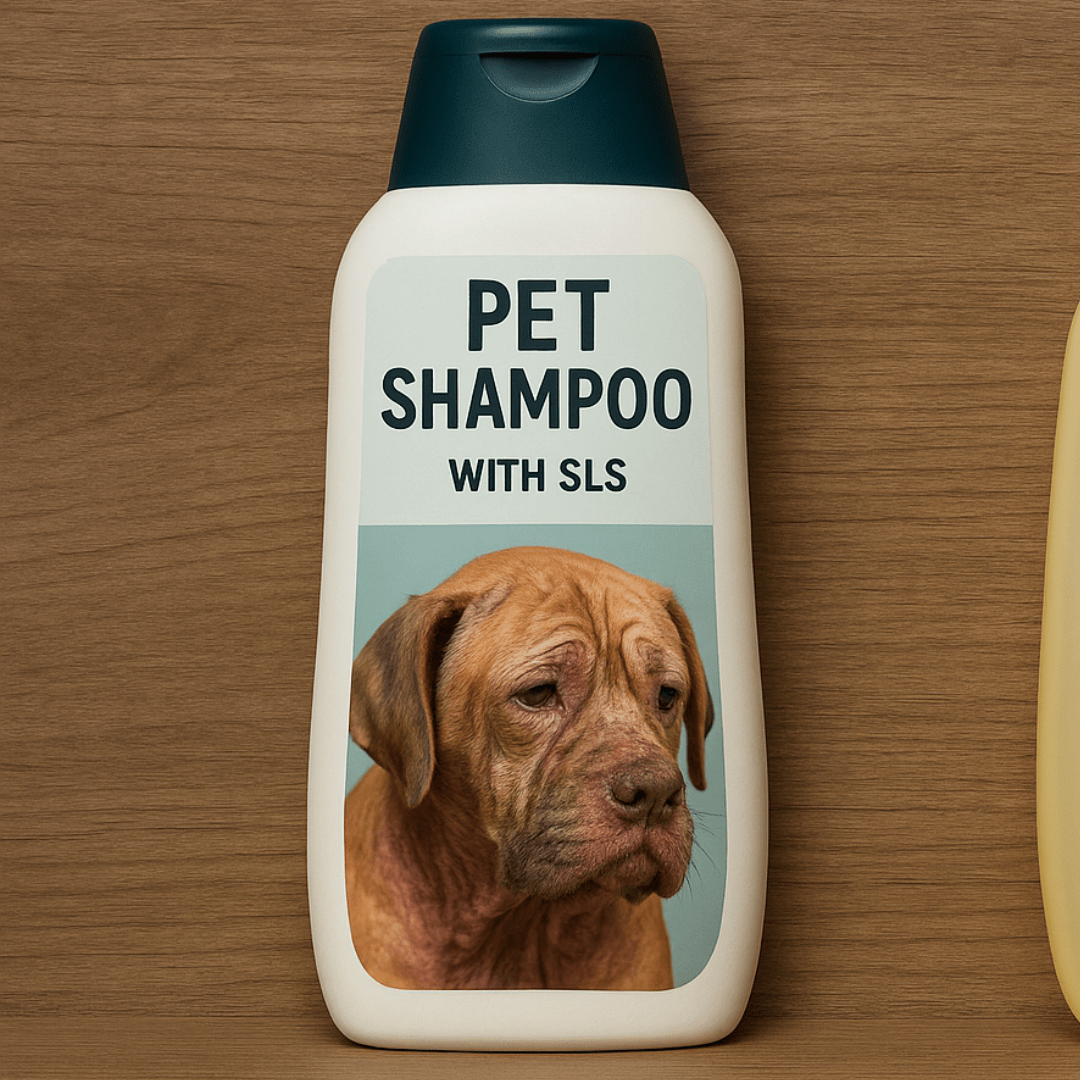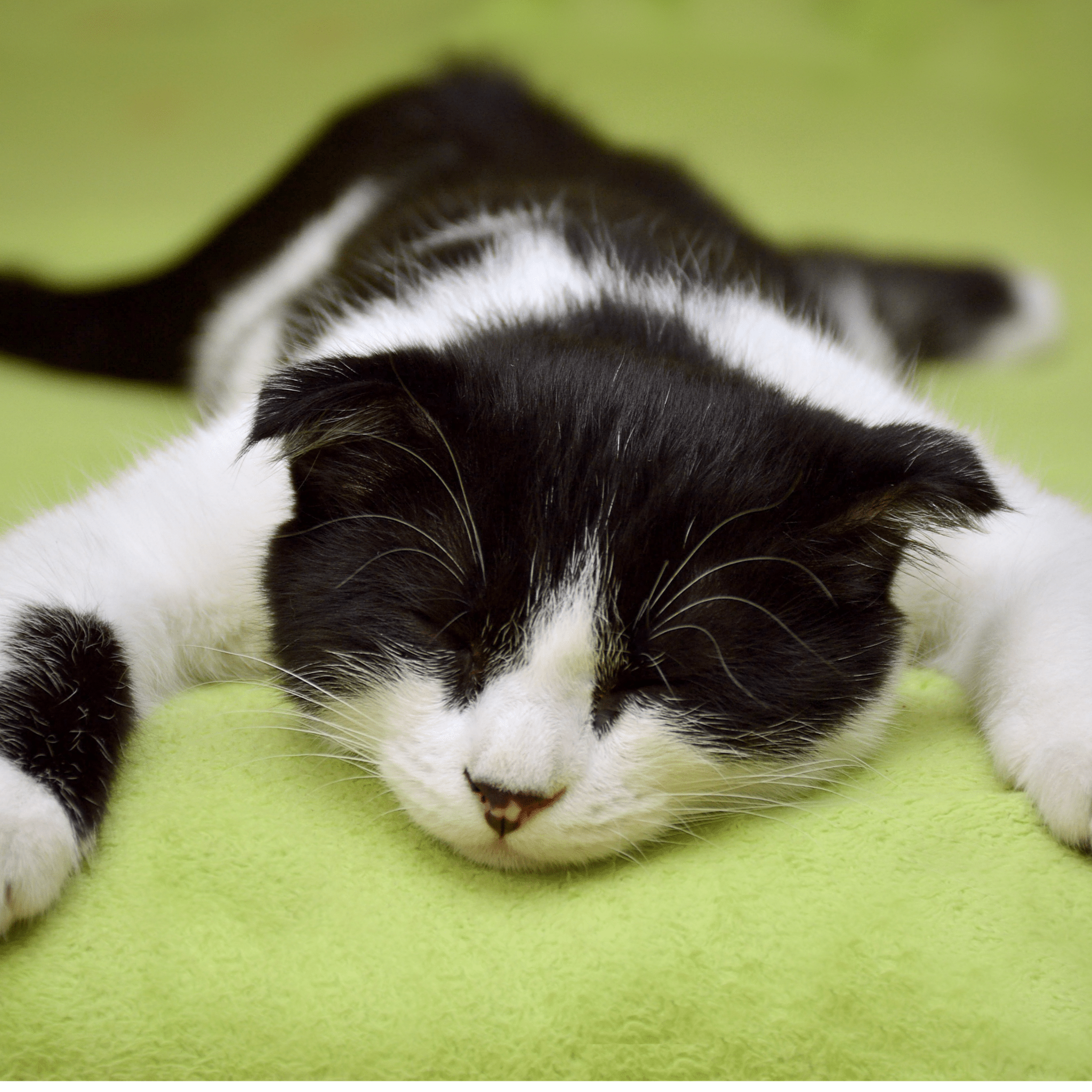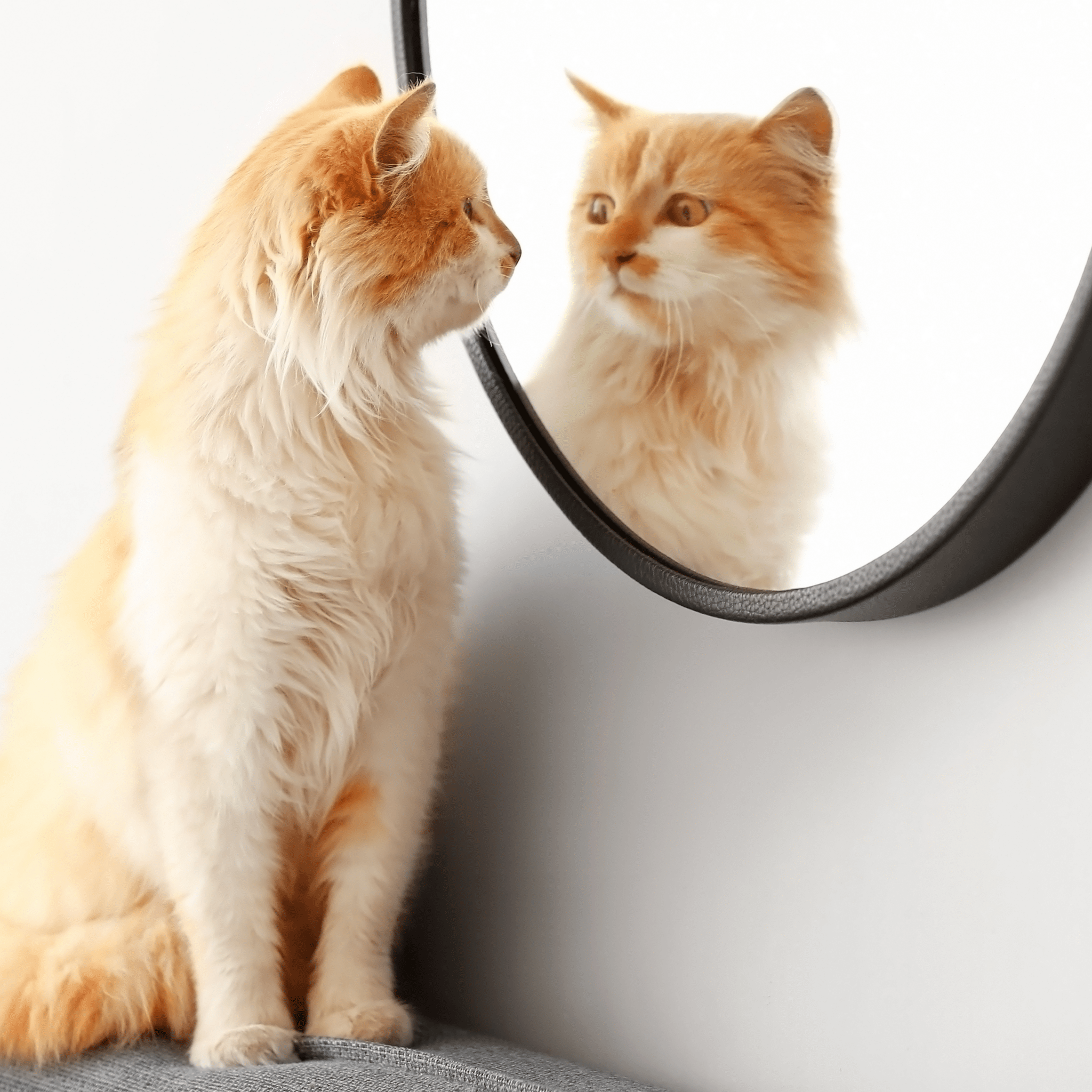Catnip (Nepeta cataria) is a fragrant herb from the mint family, originally from Europe and Asia, now widely available globally. Its unique appeal to cats lies in a compound called "nepetalactone," which triggers feelings of euphoria, relaxation, and playful behaviour. For humans, Catnip or Nepeta has long been valued as a soothing herbal tea, beneficial for easing anxiety, improving sleep, and supporting digestion in humans. In cats catnip helps with stress and anxiety relief, motivates physical activity (good for lazy cats), triggers cat instincts such as hunting and also provides mild pain relief. While catnip is safe, pet parents should moderate its use to prevent mild digestive discomfort or overstimulation in cats.

How Does Catnip Work on Cats?
Catnip works due to nepetalactone, which affects a cat’s sensory receptors located in their nose, especially the vomeronasal organ—a specialised scent-detection system. When inhaled or ingested, catnip stimulates sensory neurons, triggering behaviours like rolling, rubbing, vocalising, and playful jumping initially followed by calming effect. Approximately 70-80% of cats respond to catnip due to their genetics, and sensitivity typically develops in kittens around 3 to 6 months of age.
Benefits of Catnip for Cats
Promotes Play and Physical Activity
Catnip naturally motivates cats to engage in physical activities, beneficial for indoor cats that need more exercise. Regular playtime with catnip toys can help maintain healthy body weight and muscle tone.
Environmental and Mental Enrichment
Providing catnip can significantly reduce boredom and promote mental stimulation. Catnip triggers natural feline instincts such as hunting and exploration, creating a more fulfilling indoor environment.
Stress and Anxiety Relief
After initial excitement, many cats experience a calming effect from catnip, helping reduce anxiety, especially during stressful situations such as moving homes or introducing new pets.
Strengthens Bonding and Encourages Positive Behavior
Catnip serves as an excellent tool for bonding. Pet parents can use it during interactive play or as positive reinforcement for desired behaviors, like using scratching posts instead of furniture.
Mild Pain Relief
Some veterinary research suggests catnip can stimulate the release of endorphins, the body’s natural pain-relieving hormones, potentially offering mild relief for minor aches and discomfort.
Catnip Uses and Benefits for Humans
Humans traditionally use catnip in tea for its calming properties, assisting in stress reduction, improved sleep quality, and soothing mild digestive issues. While ongoing research continues to verify these benefits, many users find catnip tea helpful as a gentle, natural remedy.
Can Dogs Benefit from Catnip?
Dogs generally do not respond to catnip with playful behaviors, but it can provide mild calming effects, useful during anxiety-inducing events like thunderstorms, fireworks, or car rides.
Is Catnip Safe and Legal?
Catnip is entirely legal, safe, and widely available in various forms such as dried herbs, fresh plants, toys, sprays, and bubbles. However, moderation is crucial to avoid digestive upset or excessive excitement.
Do Cats Eat Catnip or Just Smell It?
Most cats primarily respond to catnip through smell, but it's common for them to chew or ingest small amounts. Both smelling and eating catnip are safe, though eating large quantities might cause mild stomach upset.
How Often Should Cats Have Catnip?
Catnip should ideally be provided once every two to three days. Frequent use may lead to reduced effectiveness and possible overstimulation.
What is 'Dognip'?
"Dognip" usually refers to anise, an herb stimulating playful behavior in dogs similarly to catnip’s effect on cats.
Why Do Some Cats Not Respond to Catnip?
Sensitivity to catnip is genetic. About 20-30% of cats naturally lack receptors needed to respond. Young kittens usually develop sensitivity around 6 months, and older cats may gradually lose sensitivity due to aging senses.
Does Catnip Affect Big Cats?
Yes! Big cats such as lions, tigers, and leopards display similar reactions to catnip as domestic cats, making catnip a popular enrichment tool in zoos and sanctuaries.
How Long Does Catnip’s Effect Last?
The stimulating effects of catnip typically last around 10 to 30 minutes. Cats then lose interest temporarily and require a rest period before reacting again, usually within a few hours to a day.
Can Catnip Repel Fleas and Mosquitoes?
Catnip naturally contains essential oils that effectively repel fleas and mosquitoes, making it a beneficial, chemical-free pest control solution.
Frequently Asked Questions (FAQs)
Is catnip addictive?
No, catnip is non-addictive and safe when provided in moderation.
Can kittens safely enjoy catnip?
Yes, kittens usually start responding to catnip around 3 to 6 months old.
How do you store catnip effectively?
Store dried catnip in an airtight container, away from direct sunlight, to maintain freshness and potency.
Is catnip tea safe for regular consumption by humans?
Catnip tea is safe in moderation and may provide mild calming effects, but excessive consumption should be avoided.
Alternatives to Catnip for Cats
If your cat doesn't respond to catnip or you want variety, try these alternatives:
-
Silver Vine (Matatabi): Popular with cats unresponsive to catnip, offering a similarly stimulating experience.
-
Valerian Root: Excites around half of cats, producing an enthusiastic response with its strong scent.
-
Tatarian Honeysuckle: Offers playful stimulation, appealing particularly to cats indifferent to catnip.
-
Cat Thyme: Less common but effective in stimulating mild catnip-like behaviors.
References
Ellis, S. L. H., & Wells, D. L. (2010). The influence of olfactory stimulation on the behaviour of cats housed in a rescue shelter. Applied Animal Behaviour Science, 123(1-2), 56–62. https://doi.org/10.1016/j.applanim.2010.01.004
Turner, R. G., & Bateson, P. (2000). The Domestic Cat: The Biology of Its Behaviour. Cambridge University Press.
Tucker, A. O., & Tucker, S. S. (1988). Catnip and catnip response. Economic Botany, 42(2), 214–231. https://doi.org/10.1007/BF02858923
Grognet, J. (1990). Catnip: Its uses and effects, past and present. Canadian Veterinary Journal, 31(12), 880–882.













Share:
Why Do Cats Turn Before Lying Down? | Understanding This Fascinating Behaviour
What Human Shampoo Can I Use on My Dog? Clinical Pharmacist's Complete Safety Guide